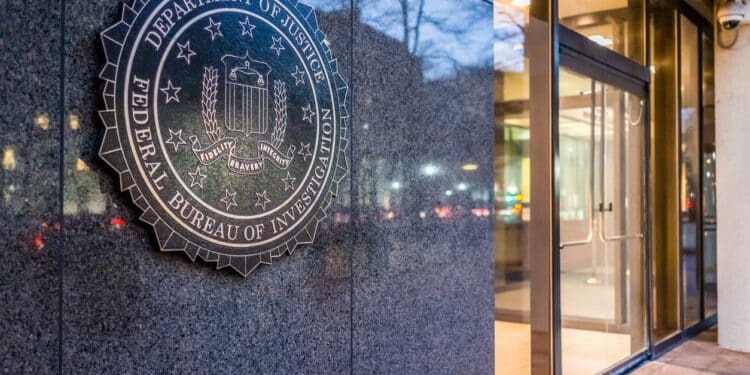On May 14, Department of Justice (DOJ) Inspector General Michael E. Horowitz released a memo sent to the Deputy Attorney General outlining concerns about the DOJ’s handling of whistleblowers with security clearances and its compliance with federal law.
According to the DOJ Office of Inspector General (OIG), the DOJ and Federal Bureau of Investigations (FBI) do not have the proper policies in place to protect employees who allege their security clearance has been suspended, revoked, or denied in retaliation for making a protected disclosure. According to the OIG, the DOJ’s policies are thus inconsistent with federal law.
“DOJ policy does not include an OIG appeal process for employees whose security clearance has been suspended for more than 1 year and who allege retaliation, as required by federal statute,” the OIG claims. “This lack of appeal process is especially problematic at DOJ components that indefinitely suspend employees without pay for the duration of the security investigation and review process, which can sometimes last years.”
“Federal law also requires government agencies to establish a security clearance review process that, to the extent practicable, ‘permit[s]…individuals…[with a retaliation claim] to retain their government employment status while [the security clearance review] is pending,’” the OIG continues. “DOJ policy does not address this requirement, and it also does not place any limitations, or even provide guidance, on how long an employee can be kept indefinitely suspended without pay while the component’s security review process is ongoing.”
Whistleblower advocates say that these shortcomings allow the DOJ and FBI to retaliate against whistleblowers, which in turn deters other would-be-whistleblowers from coming forward.
“By suspending security clearances of known whistleblowers the FBI and DOJ are abusing their authority and using the security clearance process to retaliate against employees,” says whistleblower attorney David Colapinto of Kohn, Kohn & Colapinto. “This creates a chilling effect to prevent whistleblowing because employees are suspended without pay and the agency provides little recourse for appeals and due process.”
“It’s difficult enough to blow the whistle at the FBI and DOJ without having to risk revocation or suspension of a security clearance without pay for doing so,” Colapinto adds.
The OIG memo contains four recommendations, all of which the DOJ concurred with:
- “Ensure that there is a process for employees to file a retaliation claim with the OIG when a security clearance review or suspension lasts longer than 1 year;
- Ensure that employees are notified in writing of their right to file a retaliation claim with the OIG when a security clearance review or suspension lasts longer than 1 year;
- Ensure that employees who have had their security clearance suspended, revoked, or denied, and have made a retaliation claim, have an opportunity, to the extent practicable, to “retain their government employment status” during a security investigation; and
- Put in place a process to review the monthly reports that DOJ Instruction 1700.00.01 requires of components in suspension cases exceeding 90 days in order to assess whether components are complying with the DOJ Instruction’s requirement that components “make every effort to resolve suspension cases as expeditiously as circumstances permit.”




